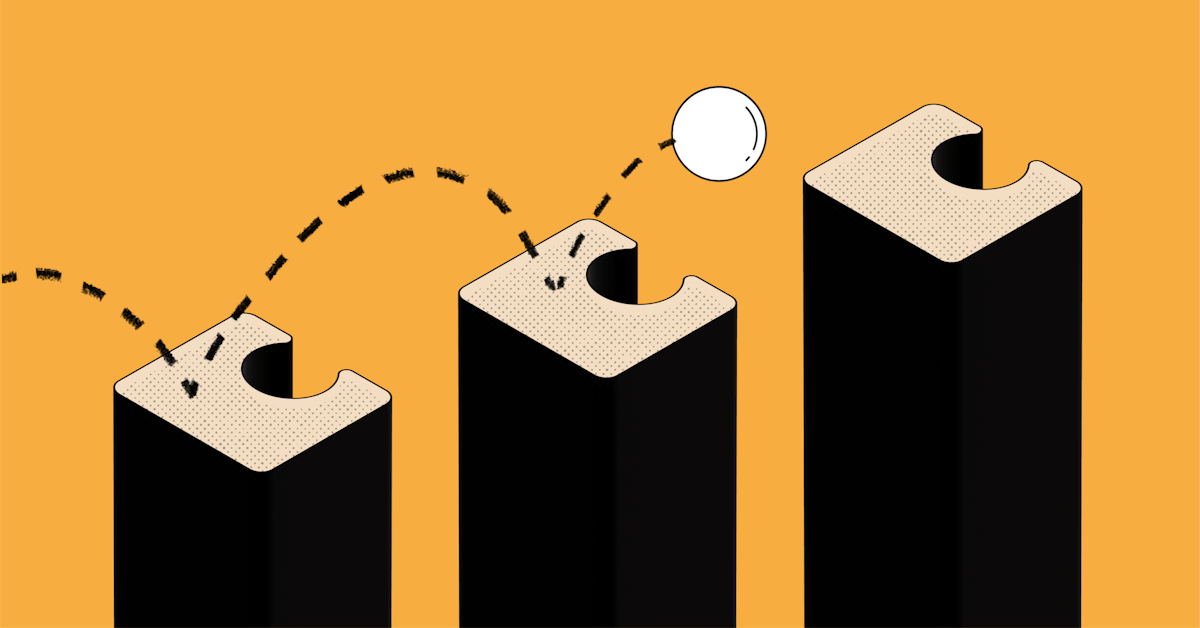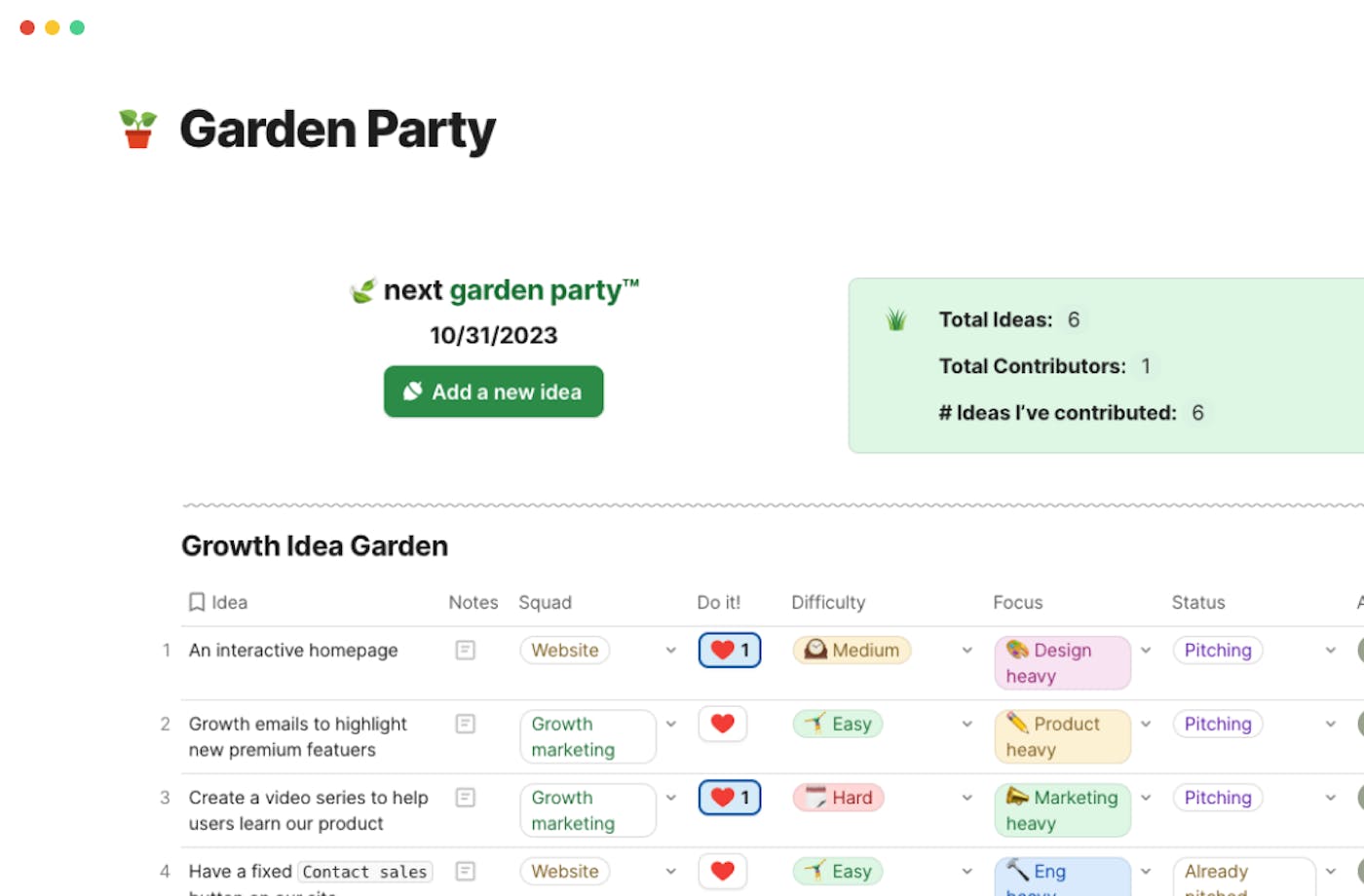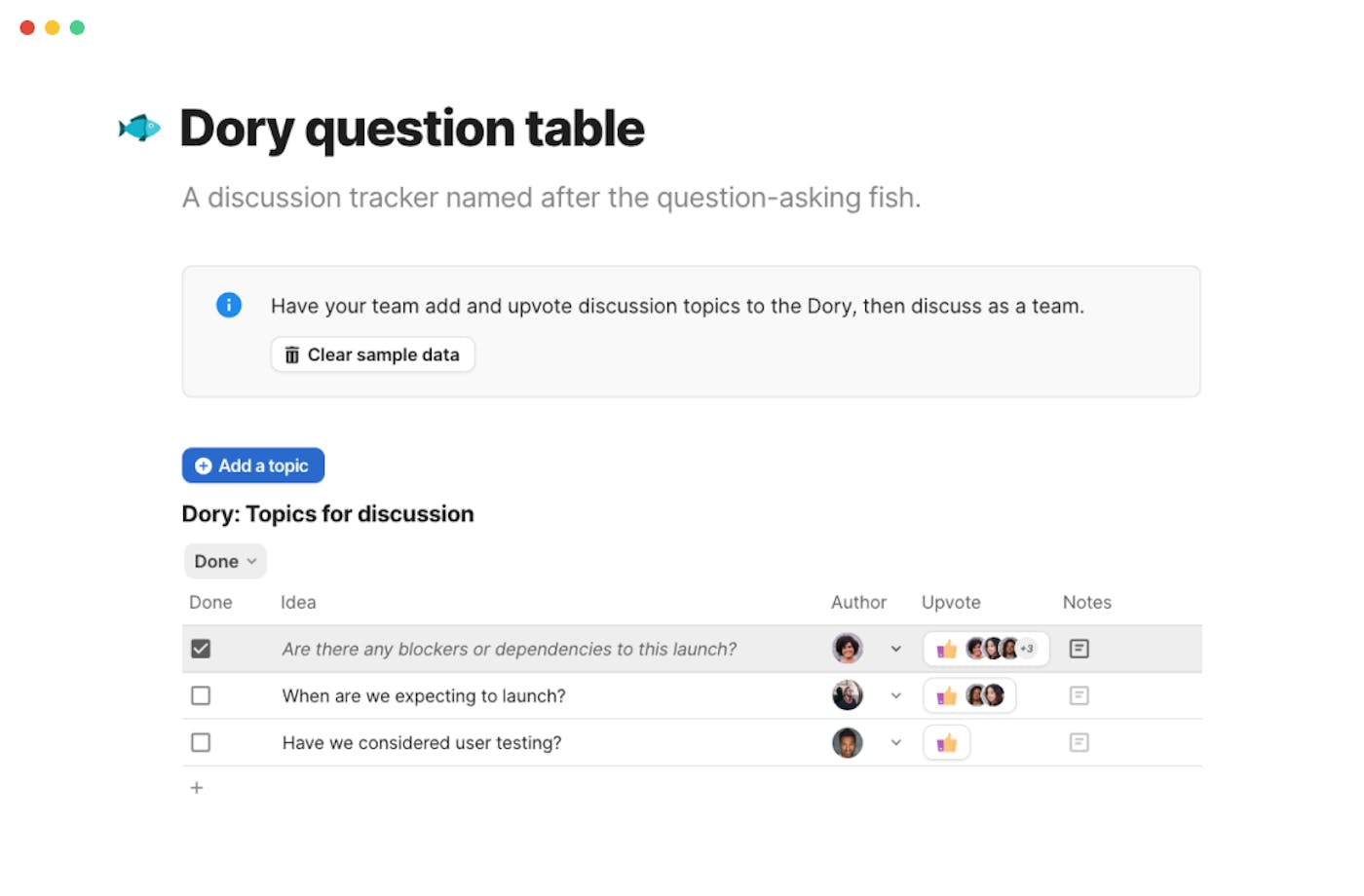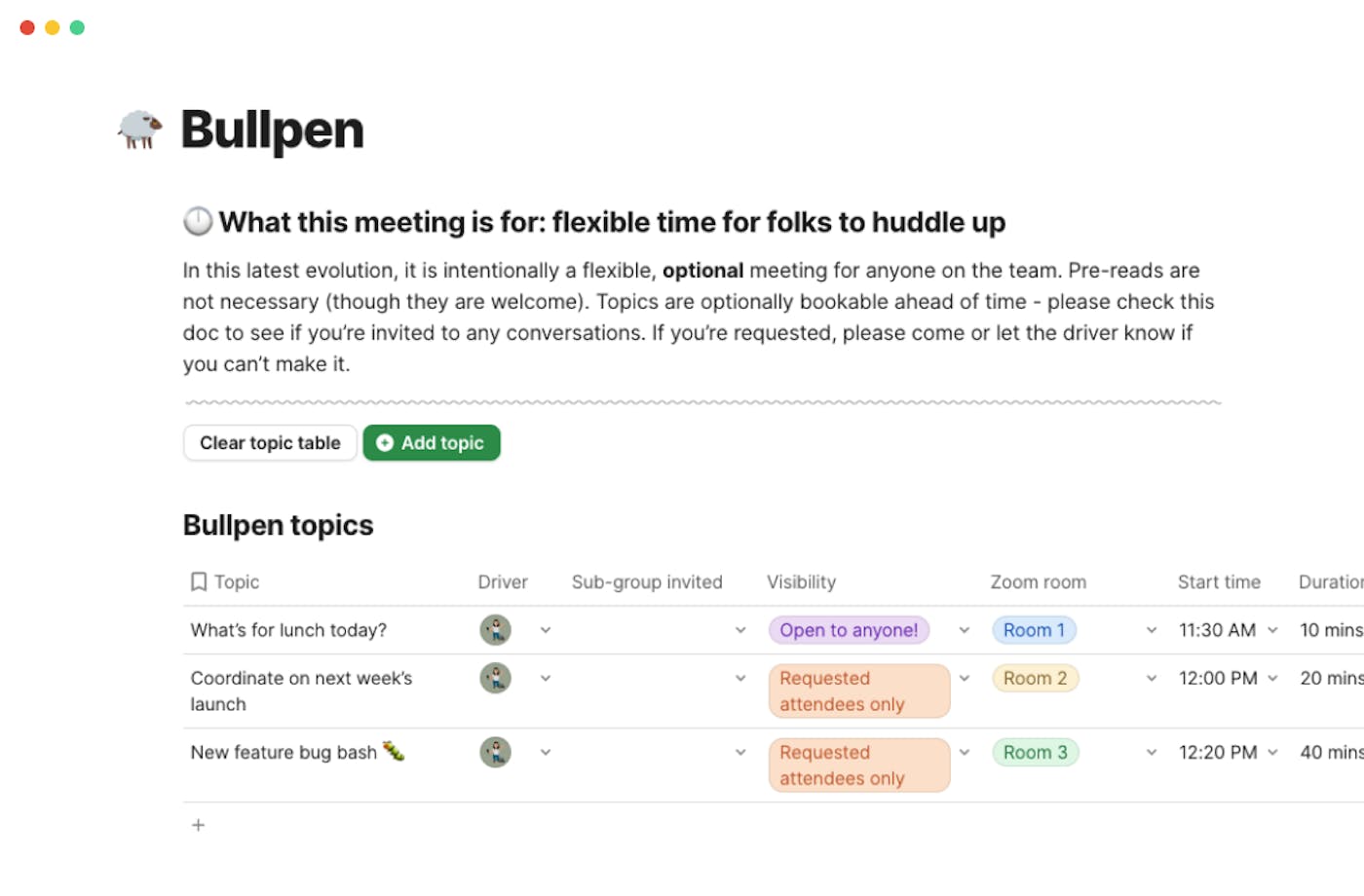3 rituals that power Coda’s product team
Coda’s rituals are the foundation of my growth as a PM and the success of our larger product team. Here’s how to adopt or adapt them for yours.


Harshita Yerramreddy
Product Manager at Coda
Blog > Product teams · 6 min read

Coda’s rituals are the foundation of my growth as a PM and, in my eyes, the success of our larger Product team.

No matter how new you are to the company or how much experience you have, your ideas matter.















